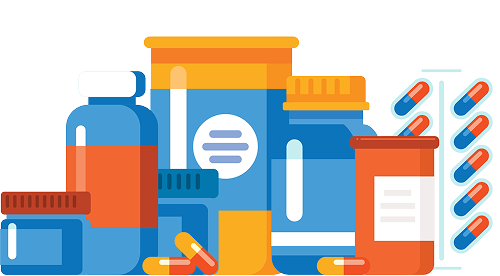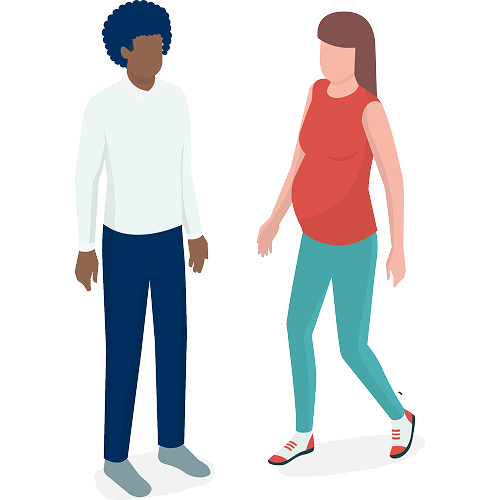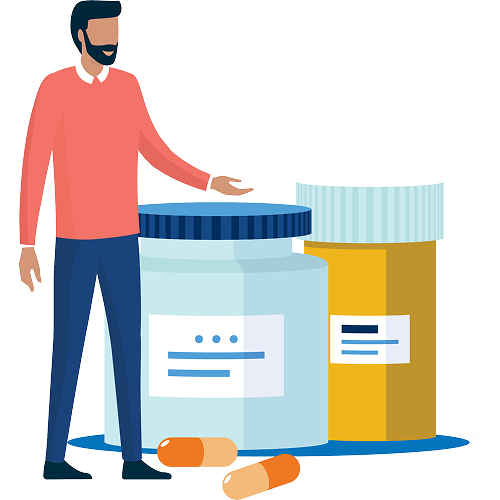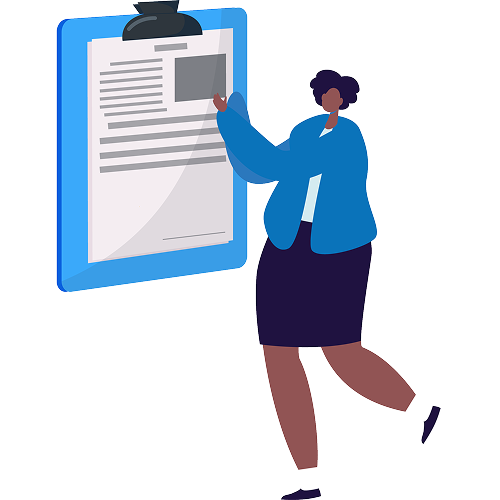If someone has developed a dependency on opioids, there’s a good chance they are acting differently than they used to. Some common behavioral signs include:

There are also physical signs, like nausea, dizziness, excessive itching and sweating, decreased breathing, and confusion.
Lead with compassion and avoid blame and judgment. Let them know that you are there to offer support and encourage them to seek professional help. Provide information about available resources in your community.

Understand that they may not be willing to discuss this with you. They may even get angry or defensive. That’s okay. Let them know that you’re there to help when they’re ready and be sure to follow up with them regularly.

Staying informed can make a difference for you, your loved ones, and your family. Use this website as a resource to learn more facts, risks, and science behind opioids – as well as how you can get involved in reducing the harms of opioid misuse in your community.
Call 1-800-662-HELP for more information about how you can help someone you know who is experiencing substance use disorder. This is the Substance Abuse and Mental Health Services Administration’s (SAMHSA) National Helpline, also known as the Treatment Referral Routing Service.
